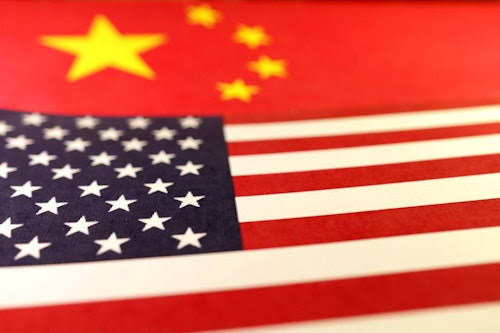The United States has announced a significant reduction in tariffs on low-value parcels imported from China, cutting the “de minimis” duty from 120% to 54%, according to an executive order released by the White House on Monday. This move marks another step toward easing trade tensions between the world’s two largest economies.
The tariff cut follows a broader agreement between Washington and Beijing to roll back most of the duties imposed on each other’s goods since April, following bilateral discussions held in Geneva over the weekend. While their joint statement did not reference the de minimis issue, the U.S. executive order confirmed that, starting May 14, items valued at up to $800 sent via postal services from China will be subject to the reduced 54% tariff or an alternative flat fee of $100 per package.
Major Chinese e-commerce platforms like Shein and Temu—who benefit significantly from this shipping model—will be directly impacted. Industry insiders say freight forwarders or logistics companies typically pay these fees upfront and recover the costs from sellers in China.
Previously, the de minimis rule allowed these small parcels to enter the U.S. duty-free, with minimal customs scrutiny. However, in February, former President Donald Trump revoked this exemption, introducing a 120% tariff or a proposed $200 flat fee, set to take effect by June. The justification cited included concerns over misuse by e-commerce giants and the trafficking of illegal substances like fentanyl.
Over the years, de minimis shipments surged, accounting for more than 90% of package entries into the U.S., with about 60% originating from China. According to U.S. Customs and Border Protection, the average value of these shipments in 2023 was just $54.
The revised tariffs, which now avoid the $200 flat fee in favor of retaining a $100 charge, will be enforced from 12:01 a.m. on May 14, 2025.
Data from Nomura reveals that in 2024, China exported $240 billion worth of goods under the de minimis provision globally—making up 7% of its exports and 1.3% of its GDP.
Jianlong Hu, CEO of Brands Factory, a cross-border e-commerce consultancy in China, noted that although the new 54% tariff is still steep, it signals the end of an era. “The golden age of small parcel delivery from China to the U.S. is likely over,” he said.
Shein may be more vulnerable to these changes than competitors like Temu due to its heavy reliance on air freight to quickly deliver fast-fashion items. Hu suggested that Shein might still prefer to pay the higher tariff to maintain delivery speed. “If people are told their clothes will arrive a month later, they might stop buying,” he added.

